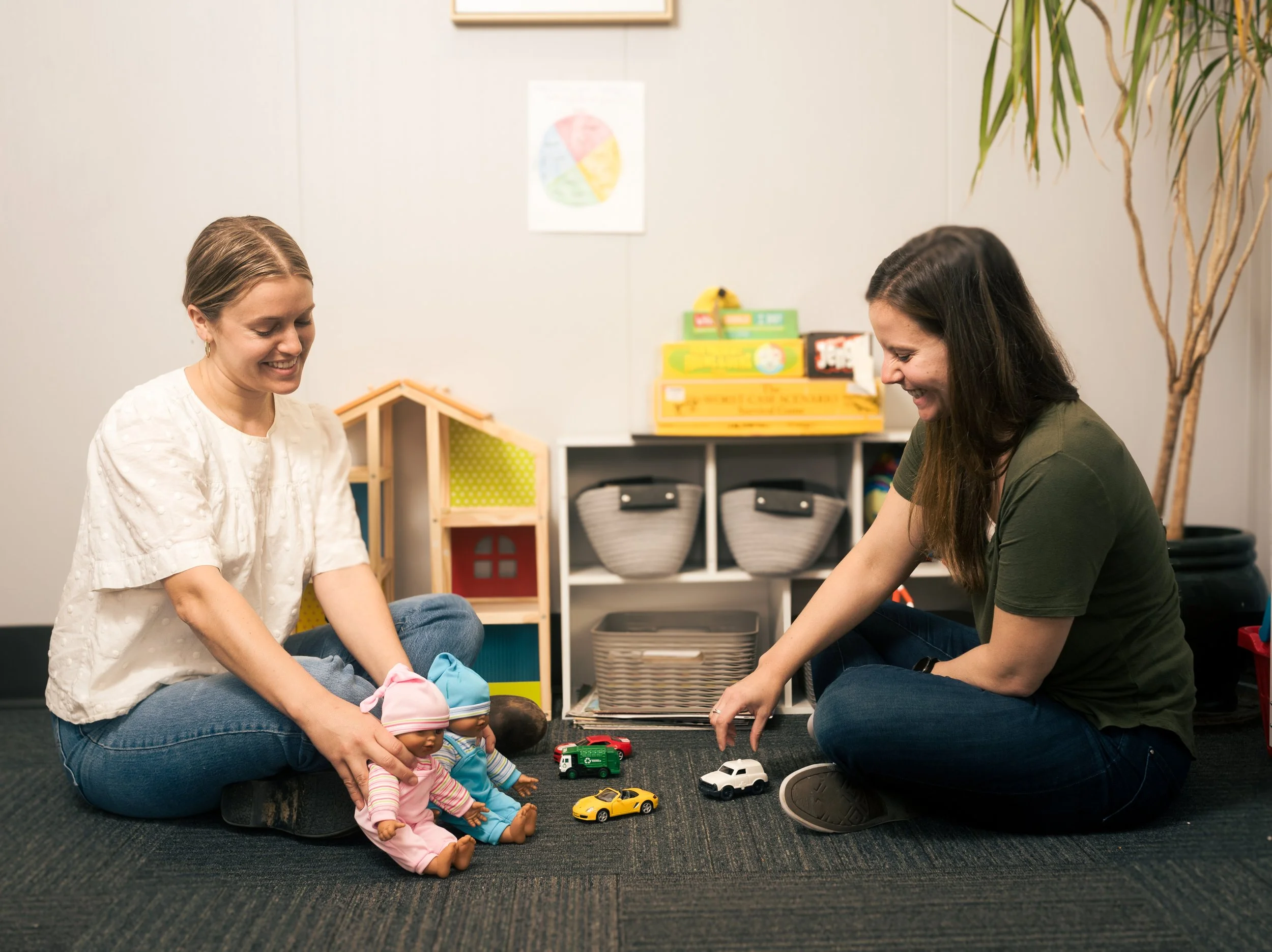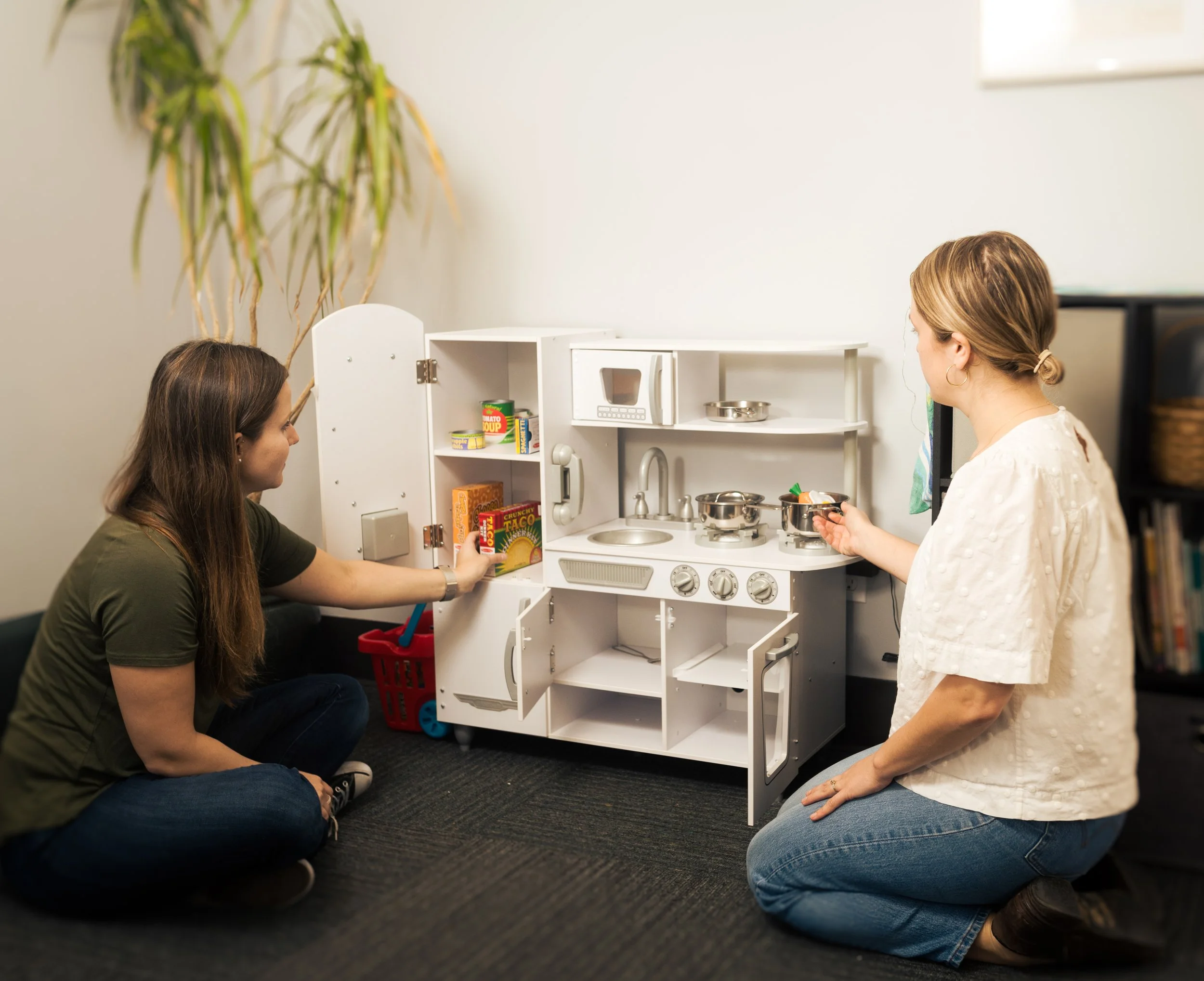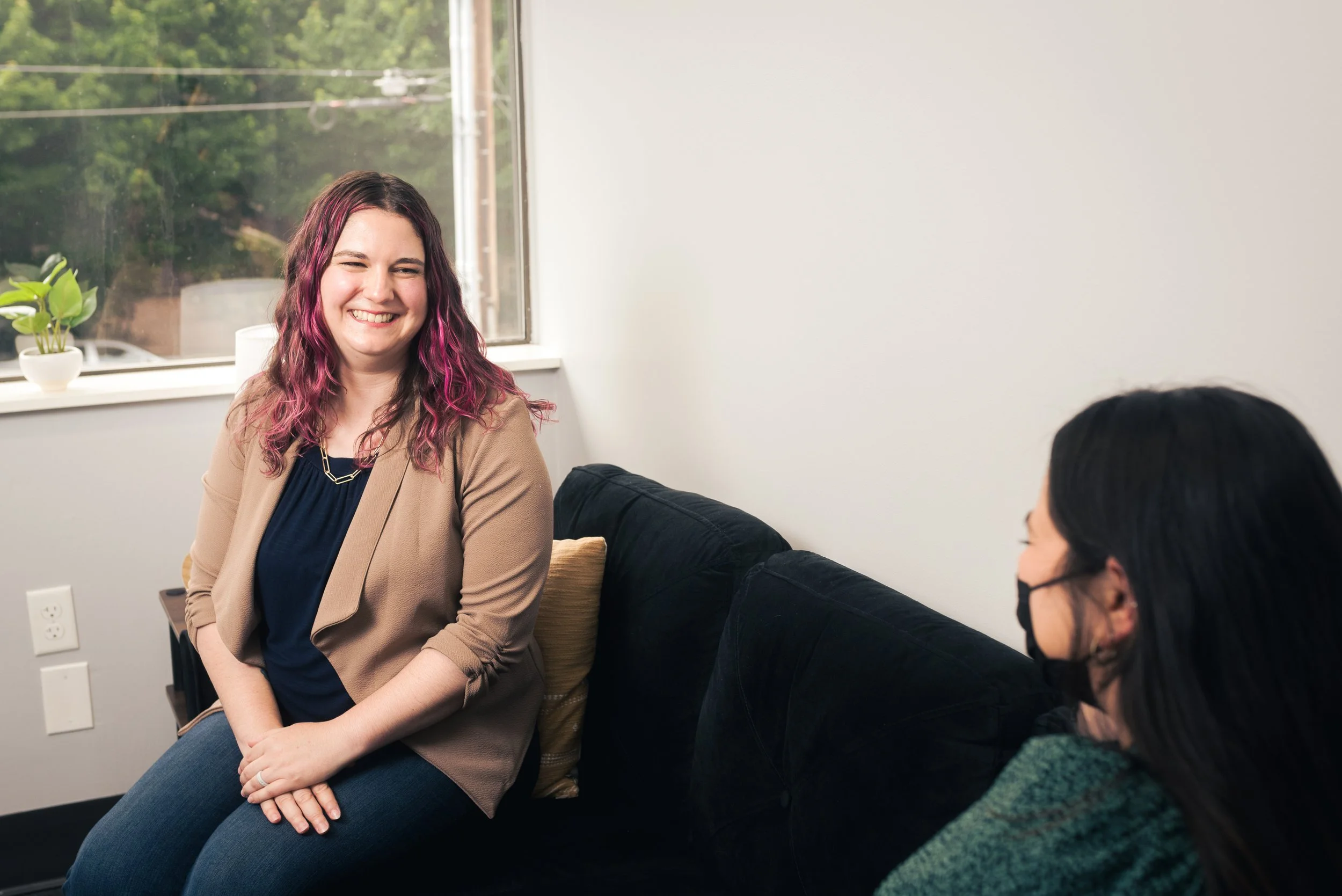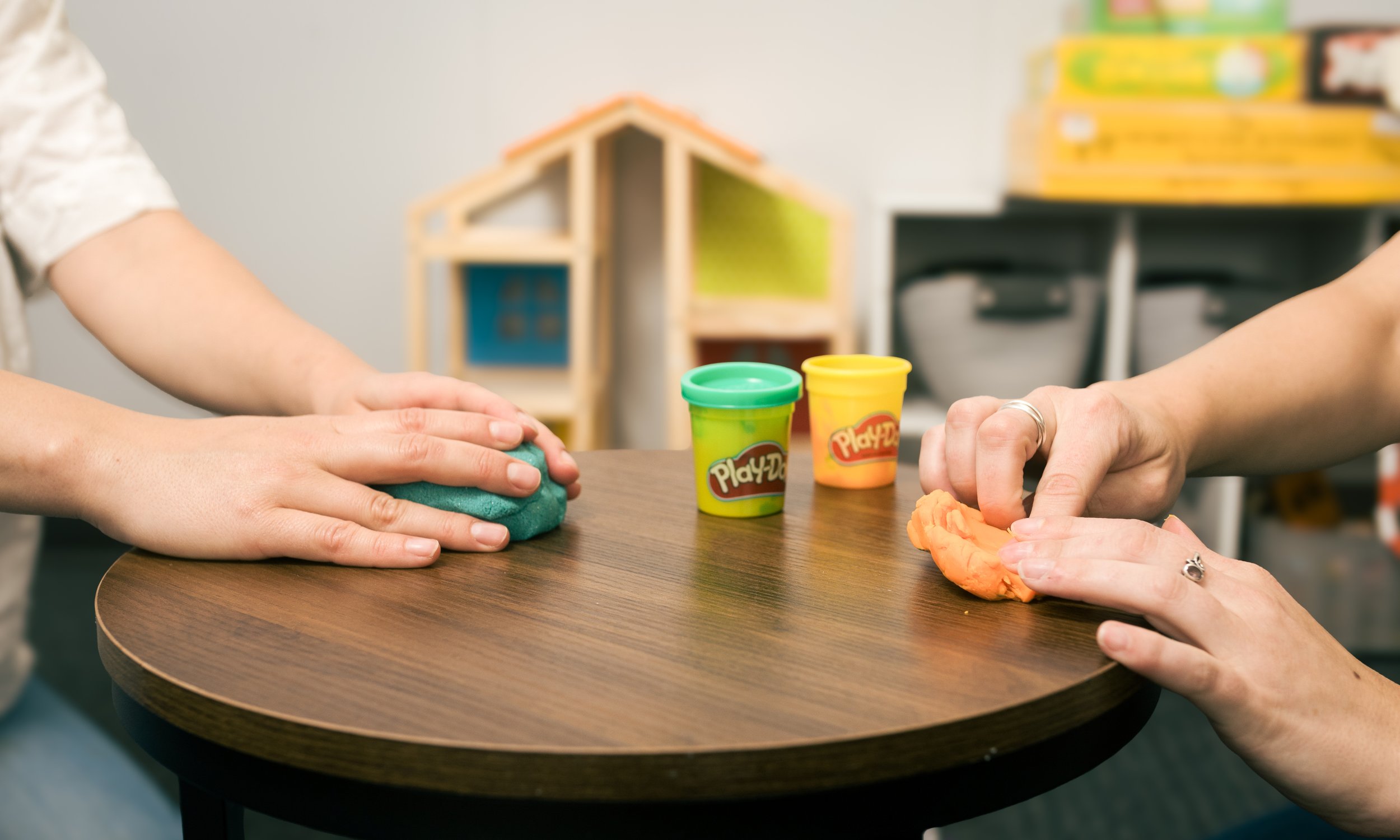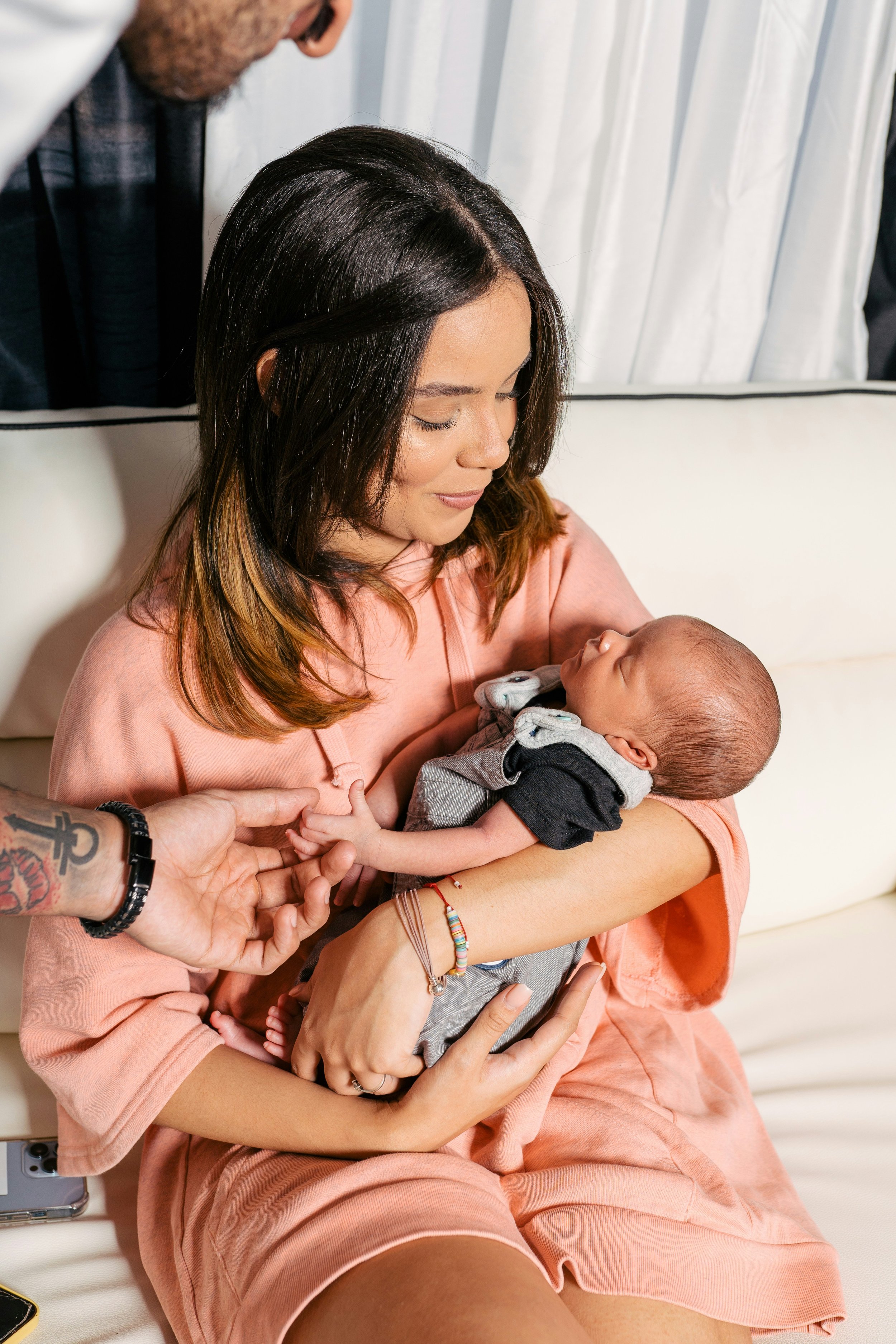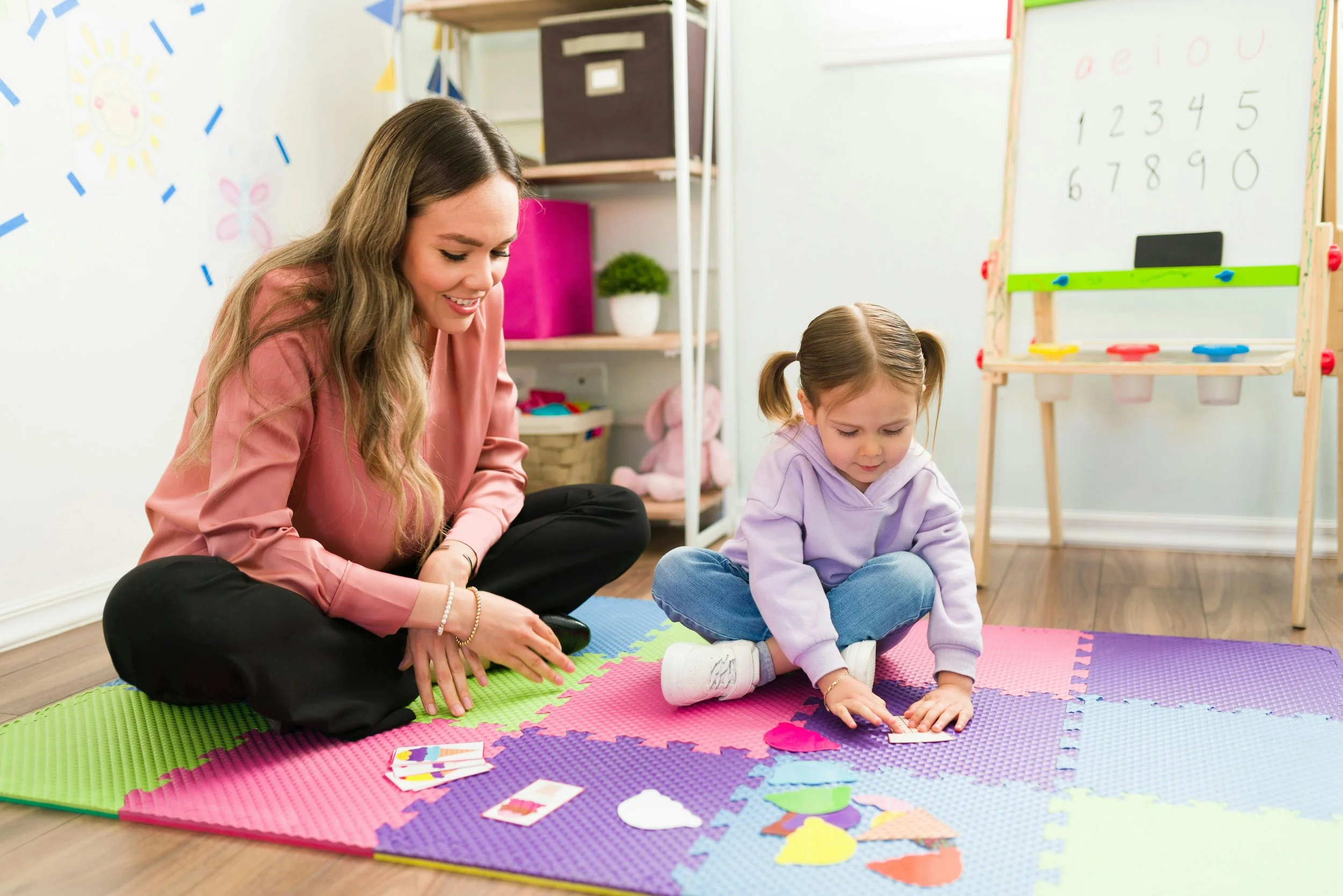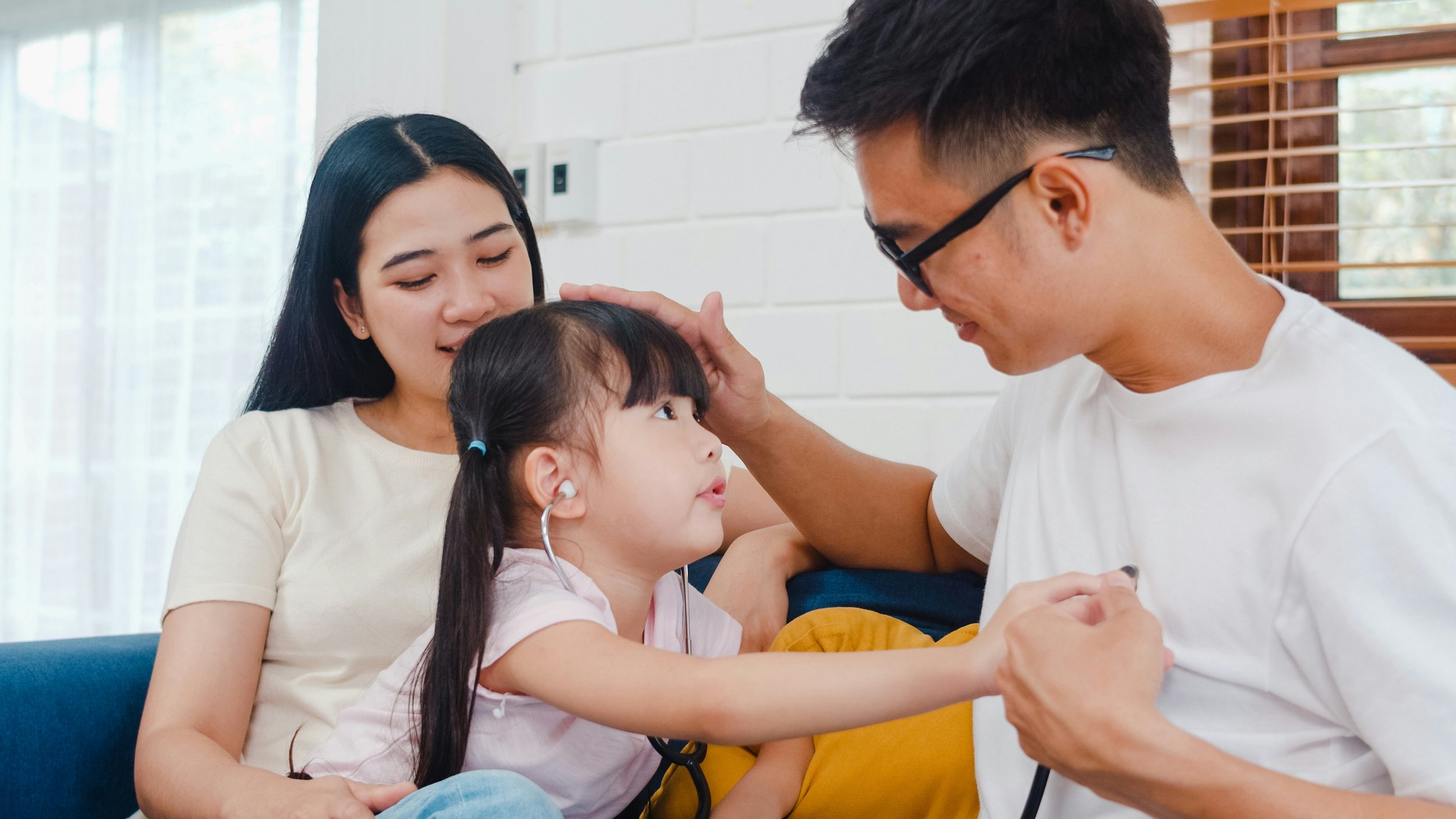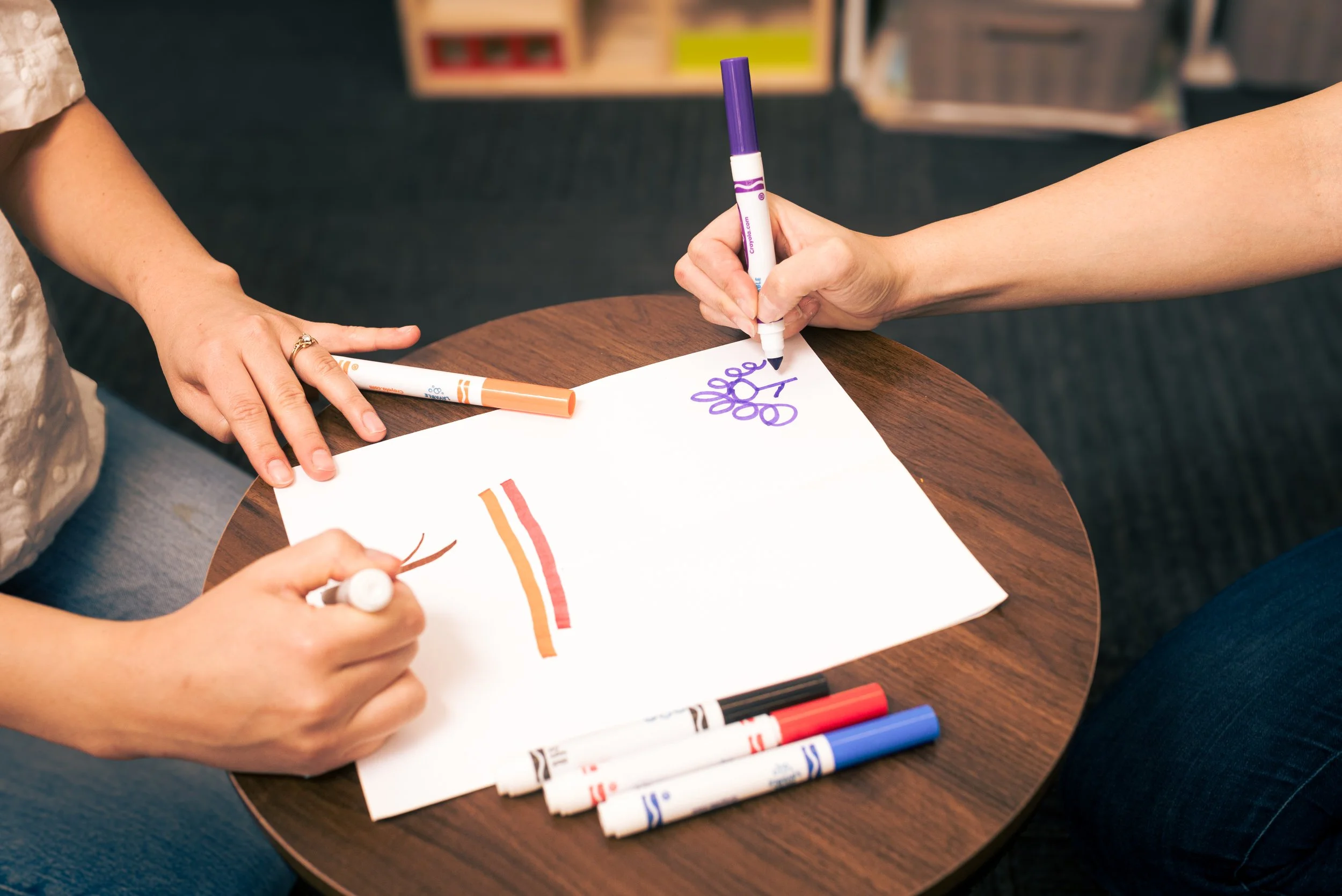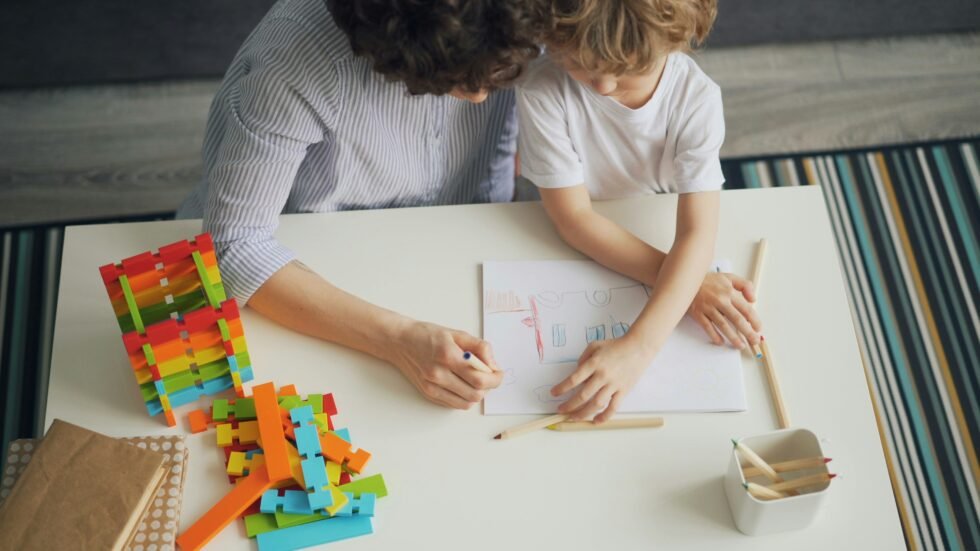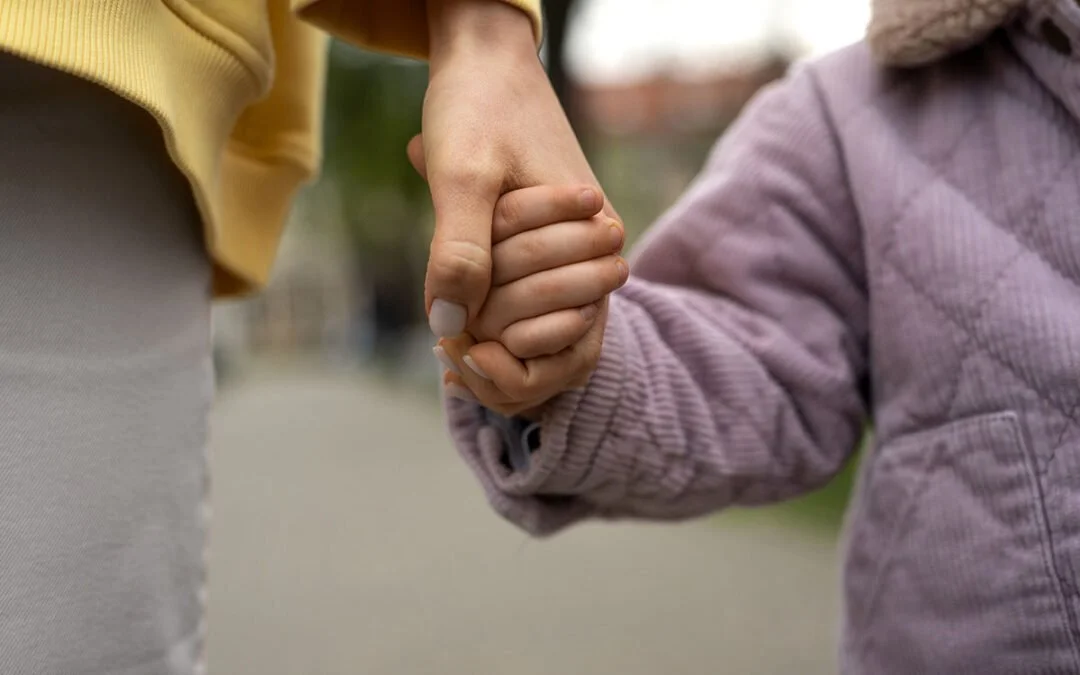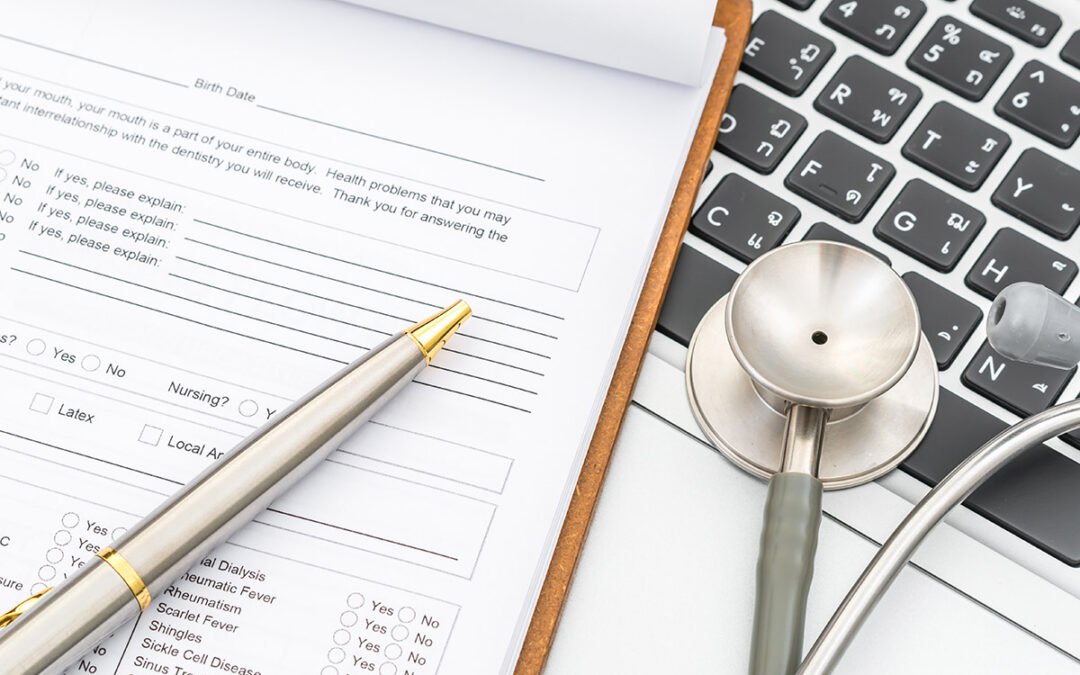Supporting Parents and Children with Connection and Compassion Through Family Counseling in Portland, Oregon
We are currently accepting new clients.
New clients can request an appointment below for all locations.
Our Tigard Location is Now Open!
12064 SW Garden Place, Tigard OR 97223
Your partner in navigating child & parent relationships
Family Roots Therapy is a counseling practice in Portland, Oregon, focused primarily on the unique mental health needs of new parents and young children.
We understand that the mental health of parents and their young children are uniquely connected and must be treated with great knowledge and care.
Family is always at the root of our work.
Family Roots Therapy is a counseling practice in Portland, Oregon, focused primarily on the unique mental health needs of new parents and young children.
We understand that the mental health of parents and their young children are uniquely connected and must be treated with great knowledge and care.
Who We Are
We believe in supporting families with connection and compassion as we strive to meet the unique needs of each family system.
To do this, we provide individual, relationship, and family therapy and work with children, teens, adults, and parents.
We offer parenting classes and personalized parent coaching to give caregivers the tools they need to feel confident in their parenting.
Our relationship counseling can help new parents adjust to the challenges of parenthood while growing stronger together. A number of our providers also specialize in perinatal counseling for those seeking specific support related to pregnancy and birth.
We recognize that providing family support will be different for each family and this is why, in addition to emphasizing work with parents and children, we also provide family support to individuals across the lifespan.
Need Some Answers?
Frequently Asked Questions
If you have questions about our service or therapists please look at our FAQ page.
Upcoming Groups & Workshops
Child Parent Relationship Therapy Group
Fridays from 1-2:30p starting March 13th
Hosted by Liz Temple, LPC, Certified Child Centered Play Therapist
at our SE Morrison location
Education
Blog Resources for Parents & Children
MORE BLOG RESOURCES →


